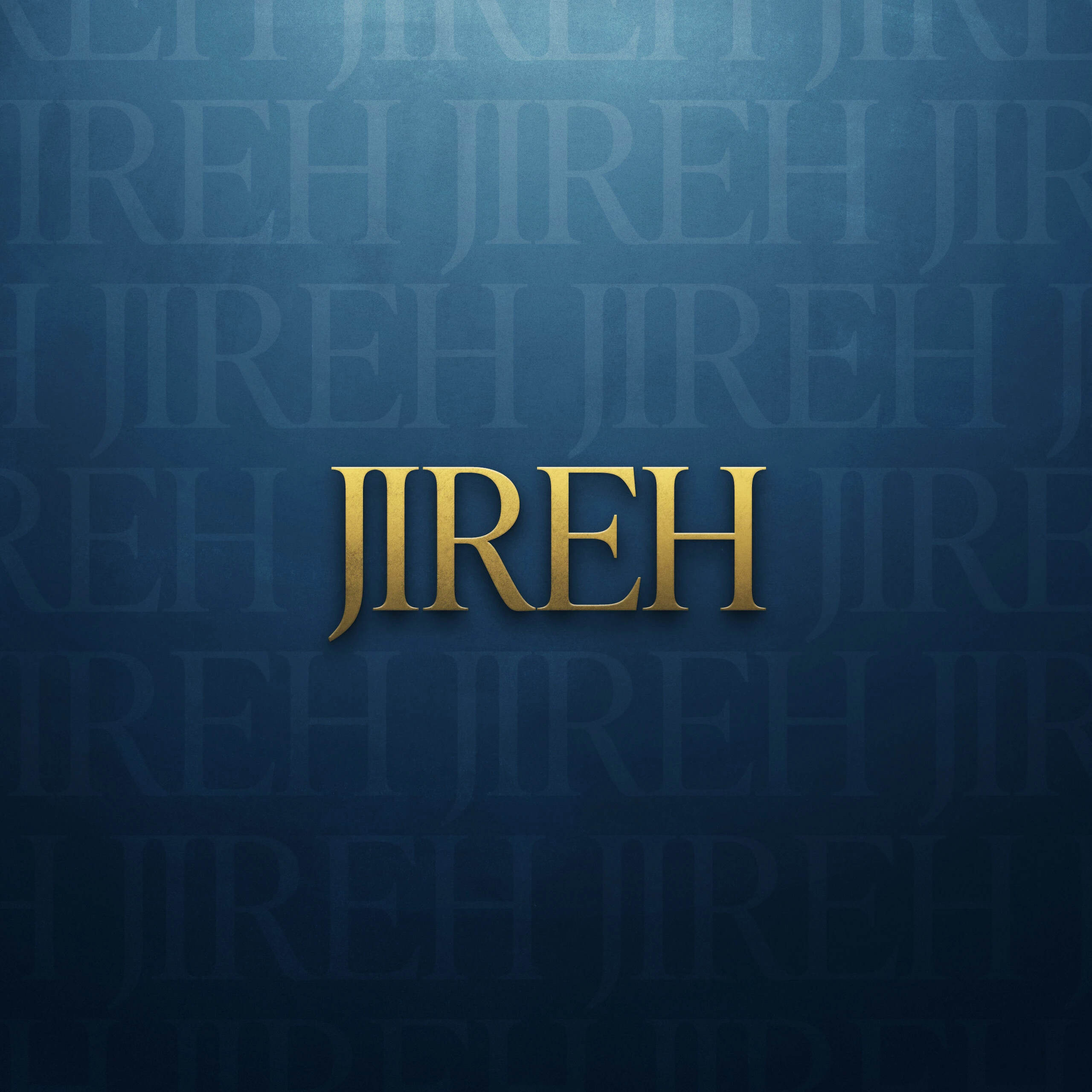What “Jireh” Means in the Bible

Of all the Hebrew names for God in the Old Testament, one of the most well-known is Jehovah Jireh, usually translated as “the Lord provides.” Many of us grew up in church singing the children’s song “Jehovah Jireh, My Provider.” Yet despite this Hebrew name being relatively well known, many are unaware of the interesting linguistic and literary background of the name.
The Hebrew behind the concept of “provide” is fascinating. The Hebrew word translated as “provides” is literally the verb “to see.” When this word appears throughout the Old Testament, it is usually translated “to see,” indicating literal visual sight. However, the word has levels of meaning. At times, the same word can be translated as “to understand,” as if to say that to “see” something rightly is to “understand” the nature of the thing. It then can have the sense of “committing yourself to act” on the situation. In this sense, one commits to “seeing to it” or “seeing that it will be done.” One might think of the emotional scene in the musical Les Misérables when Jean Val Jean “sees” the need of the orphaned Cosette and pledges to care for her as her adoptive father. “I will see it done! I will see it done!” he cries repeatedly. In this “see it done” sense, the Hebrew word can rightly be translated “provide.” But it is worth knowing that when the Hebrew speaks of “providing,” it is not simply speaking of “giving us something” that we need; it is speaking of truly “seeing” the need, “knowing and understanding” what must be done, and pledging oneself to “see it done.” It is a multilayered idea that moves far beyond mere benevolent giving.
What about the literary context? While the verb “to see” is used throughout the Old Testament in various contexts, the combined term Jehovah Jireh (“the Lord provides” or “the Lord will provide”) occurs in only one verse in the entire Old Testament. That verse is Genesis 22:14. The context there is full of consequence.
In Genesis 22, the Lord tests Abraham and tells him, “Take your son, your only son Isaac, whom you love, and go to the land of Moriah, and offer him there as a burnt offering on one of the mountains of which I shall tell you” (Gen. 22:2). God had previously promised Abraham that he would have a son and that through his offspring, God would make Abraham into a mighty, blessed nation through whom He would bring blessing to all nations (Gen. 12:1–3). After twenty-five years of waiting and trusting in the Lord, God finally opened Sarah’s womb and gave Abraham and Sarah the promised child in their old age. And now, the Lord was commanding Abraham to offer up this beloved, promised son as a sacrifice to the Lord.
God saw and understood our great need in our sin.
As Abraham and Isaac obediently made their way to Mount Moriah, we are told that “Abraham lifted up his eyes and saw”—the same Hebrew word in question—“the place from afar” (Gen. 22:4, emphasis added). Abraham “saw” this place with his eyes, and he clearly “understood” what needed to happen. Then, Isaac asks his father, “Behold the fire and the wood, but where is the lamb for the burnt offering?” Abraham responds, “God will provide”—same Hebrew word—“for himself the lamb” (Gen. 22:7–8, emphasis added). Literally, Abraham says that God sees the situation, and He will see to it Himself.
When they came to the altar and Abraham “took the knife to slaughter his son,” the angel of the Lord cried out to Abraham to stop (Gen. 22:10–11). Abraham had passed the test. He had not withheld his son, his only son, from the Lord. Abraham immediately lifted up his eyes and saw—same Hebrew word—a ram in the thicket, and Abraham then took the ram and offered it as a sacrifice to the Lord. The text then declares, “So Abraham called the name of that place, ‘The Lord will provide’;”—literally “the Lord will see it done”—“as it is said to this day, ‘On the mount of the Lord it shall be provided’”—literally, “it shall be seen through” (Gen. 22:14).
What we can draw from this name is that the Lord does far more than simply give us good gifts as generous acts of provision. The Lord sees us. He sees the very depth of our need. He sees and fully understands what must be done, and He pledges Himself, with all His omniscient foresight and omnipotent power, to see it done. He did this for Abraham on Mount Moriah, and this provision points us ahead to the ultimate act of provision on the cross.
God saw and understood our great need in our sin. He saw our desperate need for atonement and cleansing and righteousness, and He pledged Himself to see it done. God the Father “provided” His own Son, whom He loved, as the Lamb of God who takes away the sin of the world (see John 1:29). He did not spare Him but gave Him up for us all (see Rom. 8:32). And in Jesus’ death on the cross for our sin, it is finished. God saw the work of our salvation through to the end. He raised Jesus from the dead, and now the risen Christ will certainly see our salvation through to its final consummation. We can fully trust Him. He will see it done.


